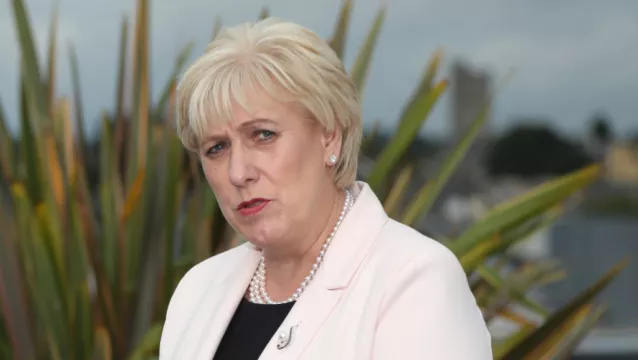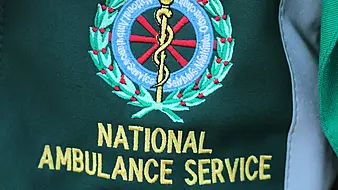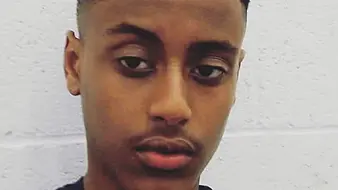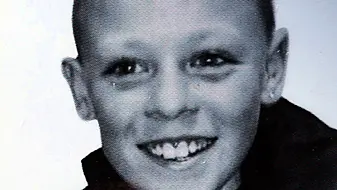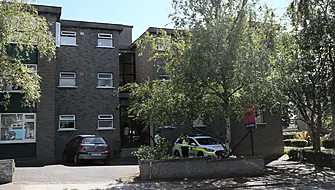The acting Minister for Justice has apologised to the family of journalist Dara Quigley for the circumstances surrounding her death.
Ms Quigley took her own life in 2017 after CCTV footage of her naked and in a state of distress were leaked by gardai.
It follows an apology by the Garda Commissioner Drew Harris for the “unacceptable breach of trust”, which was read at an inquest into her death on Tuesday.
Heather Humphreys said: “First of all, I just want to also apologise to the family of Dara Quigley. This should not have happened.
“The Commissioner has said that it shouldn’t have happened. I’m satisfied that there is a code of conduct in place in An Garda Síochána and members are expected to adhere to that.
“If they don’t adhere to the rules and the regulations that are set out for them there are consequences.”
Ms Quigley, a blogger, journalist and activist, was found in a state of distress walking naked in Dublin city centre in April 2017, and apprehended by gardaí under the Mental Health Act.
CCTV images of Ms Quigley were later shared through WhatsApp groups and social media, and viewed up to 125,000 times.
Ms Quigley was made aware of the issue while staying in Co Tipperary and took her own life five days later.
The Garda responsible for the leak resigned from the force before a disciplinary process was completed.
Cybercrime
Ms Humphreys’ comments came at the launch of a new cyber crime awareness campaign, at the Garda National Cyber Crime Bureau on Wednesday.
She urged the public, and particularly the elderly population, to be vigilant against scam phone calls, texts and emails.
This type of crime has risen significantly in the State in the wake of the cyberattack on the HSE in May.
Ms Humphreys urged people to “ignore, ignore, ignore” any such contact, saying that no Government agency or bank would seek sensitive information in such a manner.
She said: “We have all received the strange phone calls and text messages doing the rounds over the last few months, and indeed some us have received them this morning.
“We know that it can be very sophisticated, they can be very convincing.
“Unfortunately, it is very easy to be scammed out of significant amounts of money.
“As Minister for Social Protection, I’m very conscious that many of the callers are purporting to be from social protection, they’re looking for your PPS number, their looking for your bank details.
“Social protection will never ring you for those details, nor will any other Government departments or agencies.”
She added: “Remember, be alert to cyber scams, don’t ever respond and never give out sensitive information, by call, by text or by email.
“We need to explain to people that they’re out there. What they’re trying to do is trying to steal your money. The best thing you can do is ignore, ignore, ignore.”
💻📱Have you or a family member ever received a suspicious call, text, or email asking for money or personal information?
❌ Do not respond
❌ Do not engage
❌ Do not give any financial or personal details
Justice Minister @HHumphreysFG is reminding the public to be vigilant. pic.twitter.com/C000BylS8l— Fine Gael (@FineGael) October 6, 2021
Sean Moynihan, CEO of the older persons charity Alone, said: “For older people online, there is great opportunity to manage their own health, safety.
“It’s a digital divide we want to jump, but at the same time, we have to keep people safe.
“I think the messages in this campaign are very clear to all involved. Not engaging with the texts, not engaging with the phone calls.
“The organs of the State, whether it’s the guards, the department of social protection, they don’t ring and look for your private details. Please don’t do that.”
He added: “What we’re trying to do with the help of the community, with younger people engaging with older people, is teaching older people how to be careful, how to be cautious.
“And to build up the confidence they’ll need to be active citizens by using the net in a more positive way.”
